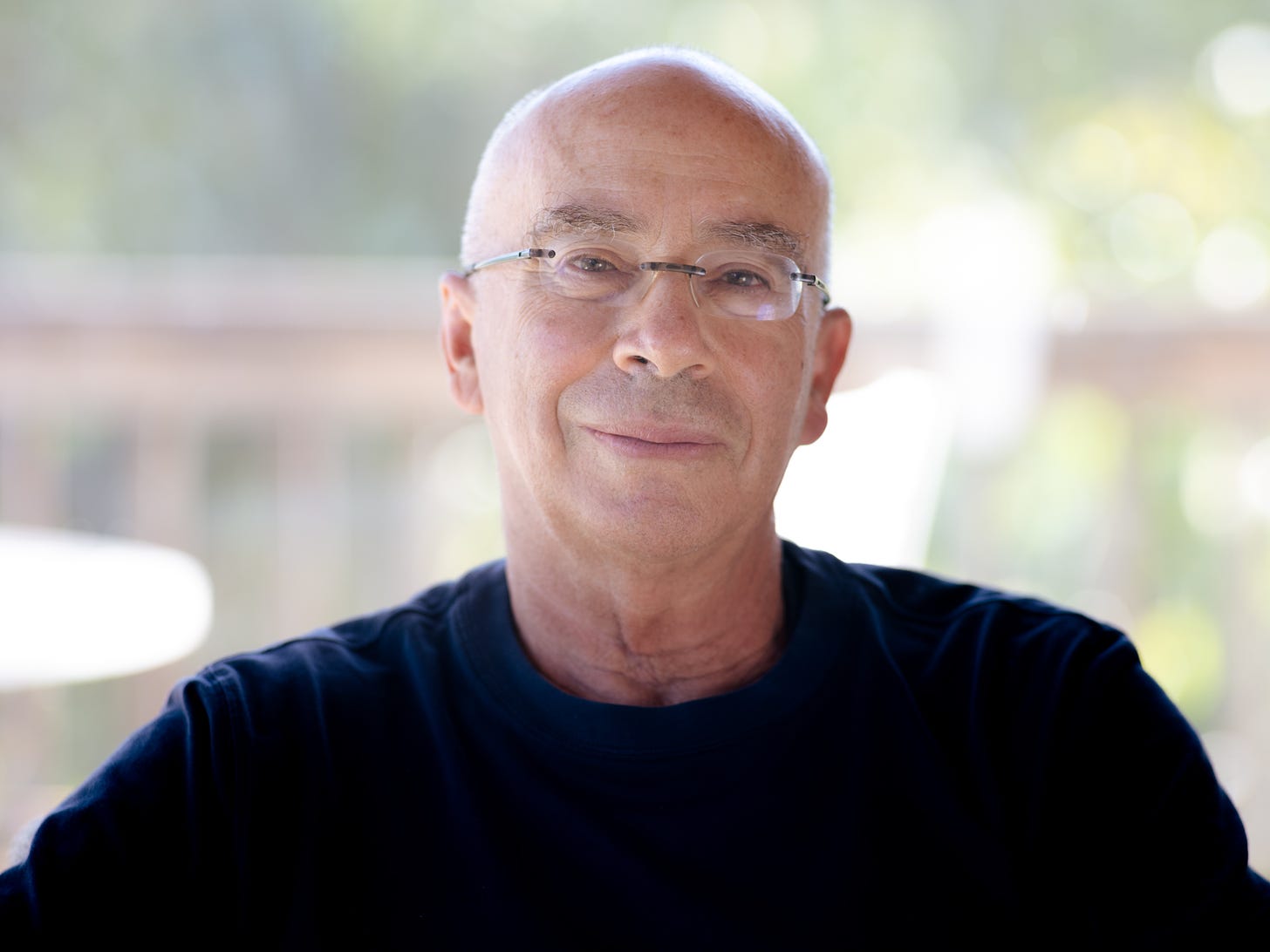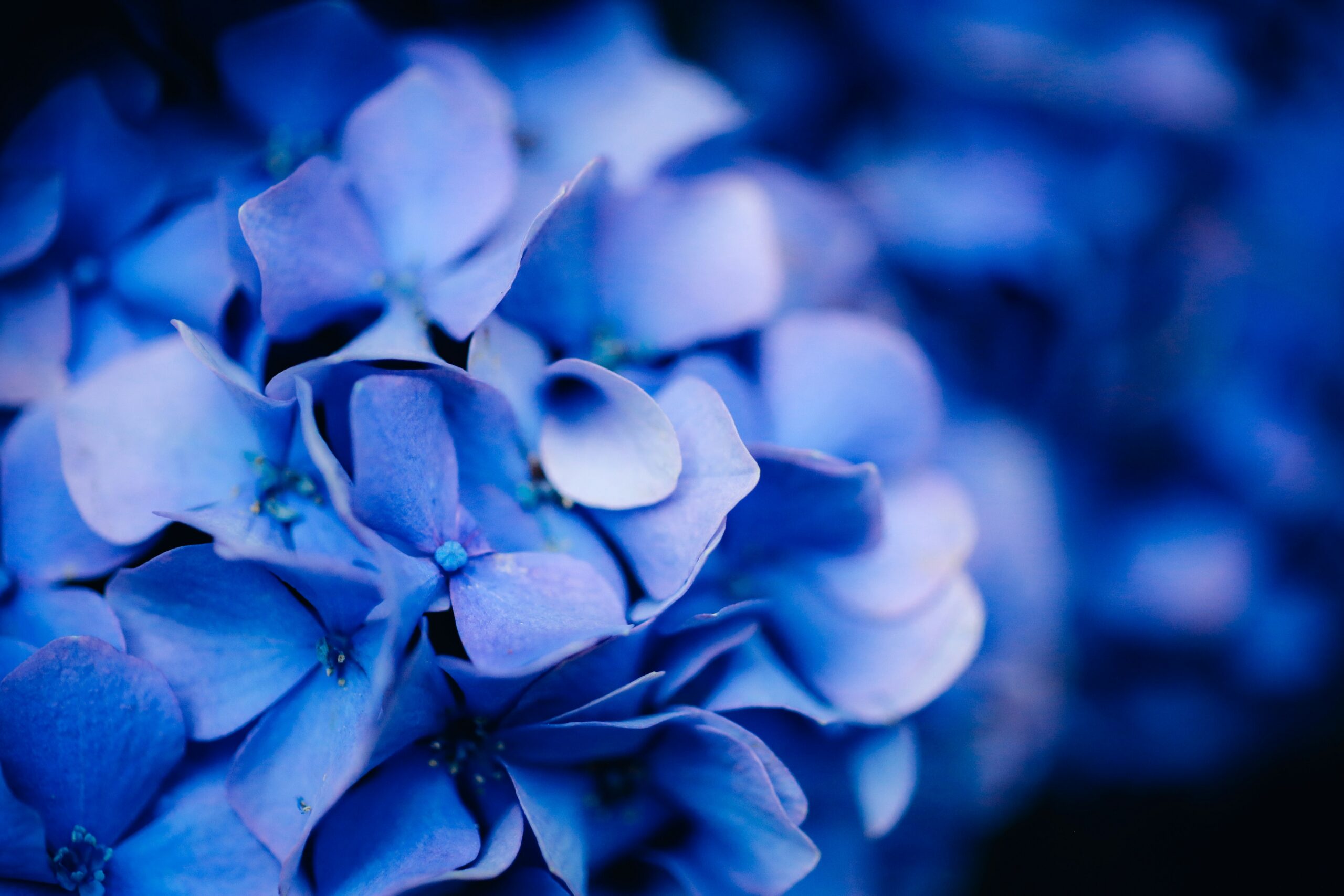The Aspiration and Practice of Not Being Fooled By Things
- Insights Into Practices
- A Zen Poem: Harmony of Difference and Equality
- What I’m Watching
- Half Day Retreats
An egg of an eagle once mysteriously ended up in a chicken coop. The eagle hatches and grows up among the chickens, believing it is one of them. It scratches the ground for food. It never attempts to fly, convinced by its environment that it is a chicken.
One day, an eagle flying overhead spots the grounded bird and approaches. The eagle asks why the grounded bird is acting like a chicken, and the bird responds that it is one.
Zen Bones is a reader-supported publication. To receive new posts and support my work, consider becoming a free or paid subscriber.
The visiting eagle takes the grounded eagle to a pond, where it sees its reflection and realizes its profound and obvious delusion.
This moment of awakening shows the eagle that it was always meant to soar, always born not to live confined by the limitations it had adopted from the chickens.
Are you an eagle, convinced you are a chicken?
Of course there are some chickens mistakenly thinking they are eagles. However, the human tendency to radically underestimate personal power, self-worth, and imagination are generally a more popular delusion.
I think of these two statements: 1) Delusions are inexhaustible, I vow to end them; and
2) Beings are numberless, I vow to save them (or serve them)
as core human practices, and ideally core human ways of being and living in the world.
They could be boiled down to: 1) Work to see more clearly (and it’s not easy). Aspire to notice your biases and delusions; 2) Help others.
Simple. Basic. Right?
And yet, since delusions are “inexhaustible” the practice of ending them is somewhere between impossible and aspirational.
These statements are intended cut through the usual dichotomy of optimistic and pessimistic.
Here are some teachings about practicing with delusions:
Thich Nhat Hanh:
“Our biggest delusion is believing that happiness comes from external conditions, rather than from within. Peace is possible only when we understand this.”
Margaret Atwood:
“A delusion is something that people believe in despite a total lack of evidence. It’s amazing how many people embrace delusions to avoid facing uncomfortable truths.”
Shunryu Suzuki:
Delusion is the idea that we have a self, separate from everything else.”
Carl Jung:
“Every form of addiction is bad, no matter whether the narcotic be alcohol, morphine, or idealism. We must beware of our own ideas and beliefs—they can become our delusions.”
Simone de Beauvoir:
“It is a delusion to believe that a woman cannot transcend her biological destiny. Freedom comes when we recognize the structures that confine us and choose to transcend them.”

Another favorite delusion story comes from the work of Daniel Kahneman. He describes how an Israeli fighter pilot instructor was sure that every time he praised a pilot for a great maneuver, the next time the pilot performed worse. Conversely, when he criticized a pilot for a poor maneuver, the pilot improved afterward. To this instructor, it seemed clear that punishment worked better than praise.
Kahneman clarifies that whenever we perform any task really well, it is likely the following time the performance will decrease, regardless of being praised or criticized, and that when we perform a task badly, the following performance is likely to improve, regardless of praise or criticism. Kahneman describes this phenomenon as “regression to the mean” and one of many delusions in thinking that others actions are related to or caused by our intervention, as opposed to natural variations. This kind of delusion can be seen in many work situations, parenting, or various relationship issues.
Practices:
Explore, with curiosity — what are your favorite delusions? For example, when are you overly optimistic, or overly pessimistic?
What is your practice for seeing more clearly?
A Zen Poem: Harmony of Difference and Equality
Here is a portion of this revered poem from 8th century China (A poem meant to cut through our delusions.)
Fire heats, wind moves,
water wets, earth is solid.
Eye and sights, ear and sounds, nose and smells, tongue and tastes;
Thus with each and every thing, depending on these roots, the leaves spread forth.
Trunk and branches share the essence;
revered and common, each has its speech.
In the light there is darkness, but don’t take it as darkness;
In the dark there is light, but don’t see it as light.
Light and dark oppose one another
like the front and back foot in walking.
Each of the myriad things has its merit,
expressed according to function and place.
Phenomena exist; box and lid fit.
principle responds; arrow points meet.
Hearing the words, understand the meaning;
don’t set up standards of your own.
If you don’t understand the way right before you, how will you know the path as you walk?
Progress is not a matter of far or near,
but if you are confused, mountains and rivers block your way.
I respectfully urge you who study the mystery, do not pass your days and nights in vain.
For more on this poem see the book, Branching Stream Flow in the Darkness, by Shunryu Suzuki
What I’m Watching
Dark Winds – A TV series about a Navajo police officer that explores the conflict between ancient customs and the modern world.
Half Day Retreats
December 8th, In Person and Online, in Mill Valley
January 26th, 2025, In Person and Online, in Mill Valley.
In our world of busyness, of more/faster/better, this half-day retreat offers time to stop, reflect, and renew. We will explore the practices of effort and effortless as a path to well-being and “stepping into your life.” Together we’ll follow a gentle schedule of sitting and walking meditation, a talk, and some discussion. Anyone looking to begin or deepen a meditation and mindfulness practice is invited to attend. What is meditation? I like a definition proposed by Dogen, the 13th century founder of Zen in Japan: “The practice I speak of is not meditation. It is simply the dharma gate of repose and bliss…It is the manifestation of ultimate reality…Once its heart is grasped, you are like a dragon when he gains the water, like a tiger when she enters the mountains.”
Warmest wishes,
Marc


